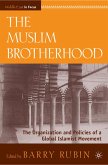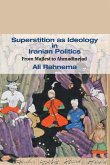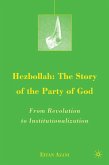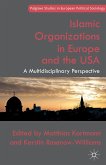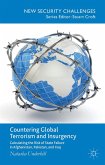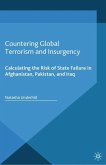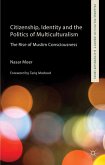More than fifteen years ago after the "War on Terror" was declared, many in the West now feel less secure than ever before. Many security experts believe global jihad is on the rise throughout the West, and yet these same experts do not know how to stop the rising tide. Military action abroad and police action at home have only attended to the symptoms of terrorism, not the cause. The root, according to Dr. Ibrahim, is actually the extreme ideology of Wahhabism-the puritanical, reactionary, isolationist, xenophobic, and bigoted sect of Sunni Islam that has been the ideological bedrock of the state of Saudi Arabia since its original rise in the eighteenth century. In his groundbreaking Radical Origins, Dr. Ibrahim provides an accessible primer on radicalism, an understanding of jihadist history, and a way forward, debunking misconceptions about Islam and this jihadist offshoot along the way. This remarkable work culminates in a powerful body of evidence about how to contain, reduce, and stop the spread of radicalization once and for all.


